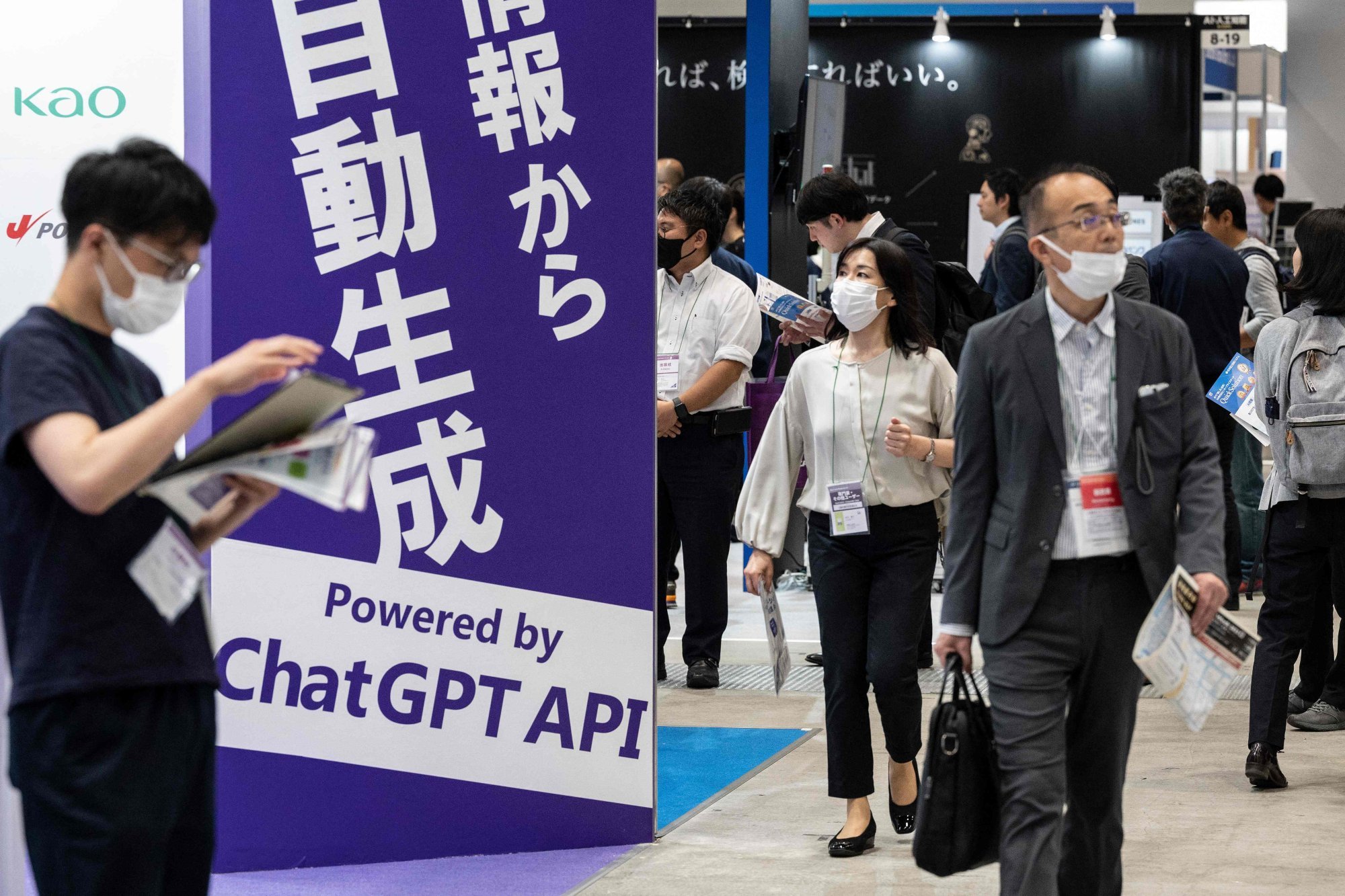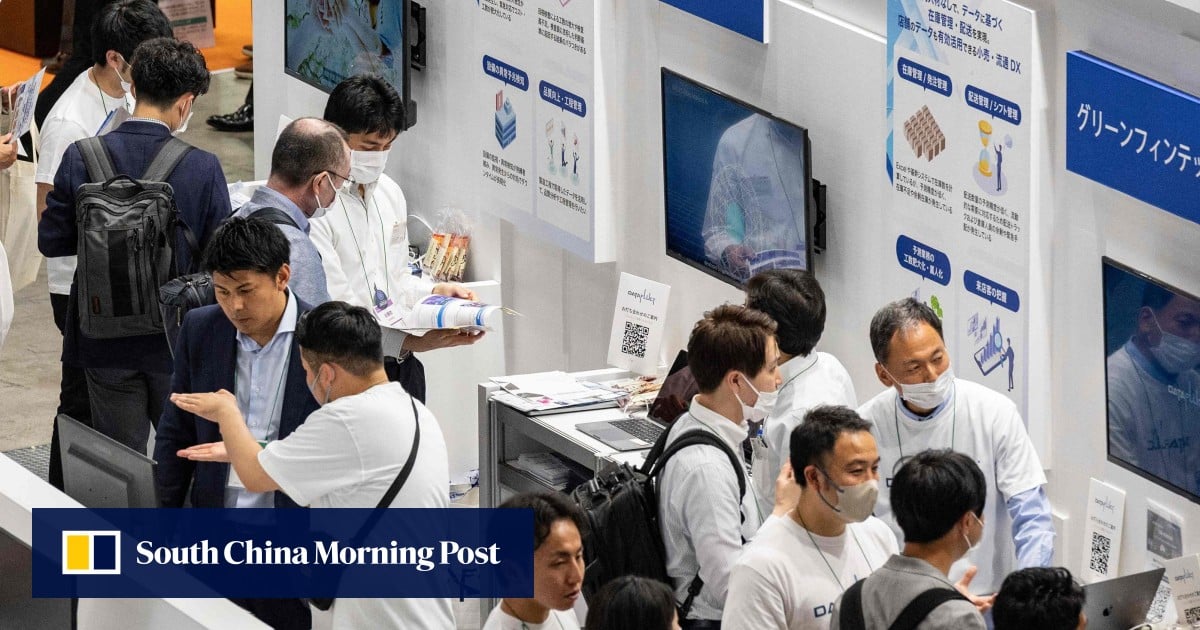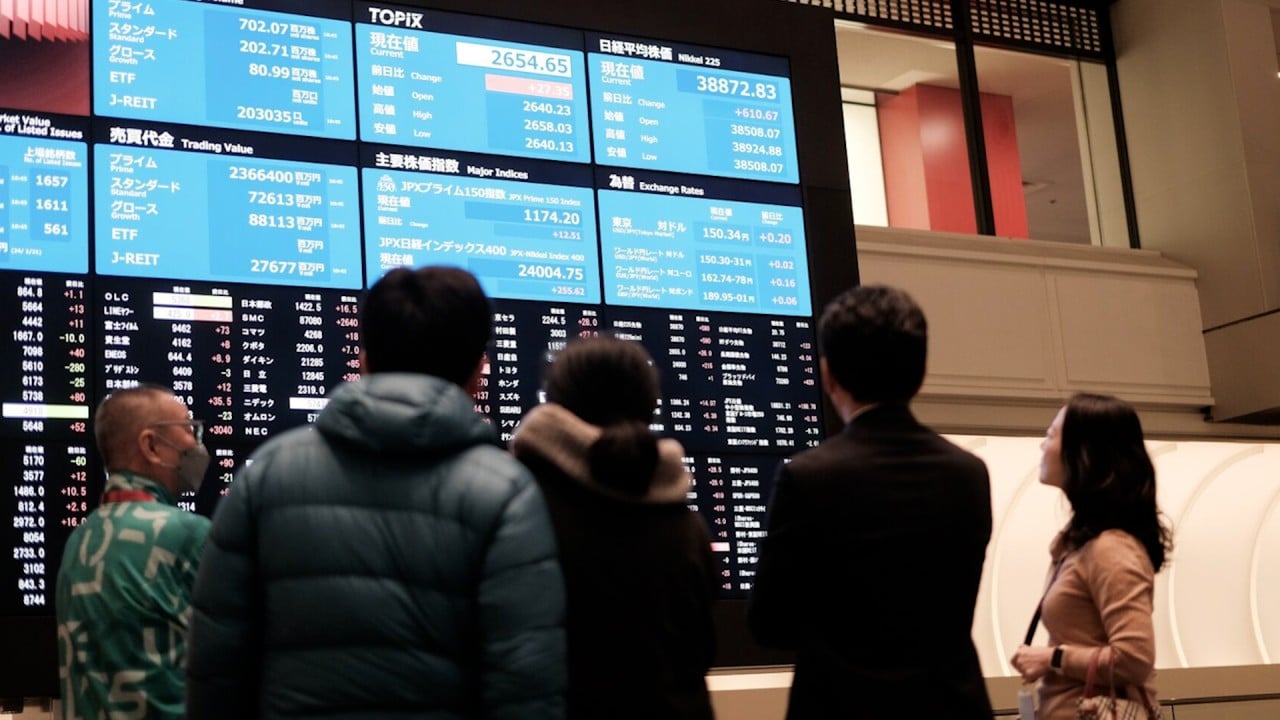Meta, IBM join new alliance to keep AI open, but Microsoft and Google sit out
Meta, IBM join new alliance to keep AI open, but Microsoft and Google sit out
“Geopolitical tensions have made Japan a more attractive and stable partner compared to China,” said Khos-Erdene Baatarkhuu, CEO of fintech company AND Global.
But “now, with supportive government policies, resilient start-ups, and a potentially shifting global tech scene, Japan has an opportunity to regain its tech edge”.
It’s not there yet, however. Japan was ranked a lowly 32nd in the latest global classification of digital competitiveness by Swiss management school IMD.

And only seven Japanese firms appear among more than 1,200 tech “unicorns” – start-ups worth more than US$1 billion – listed by CB Insights.
A “perfection-seeking approach” and preference for “stability and gradual improvement” among businesses is partly to blame, Khos-Erdene said.
“The traditional corporate culture in Japan tends to be risk-averse and hierarchical, which can stifle the rapid innovation typically seen in the software industry.”
Japanese prime minister talks tech cooperation with US as state visit begins
Japanese prime minister talks tech cooperation with US as state visit begins
“Wake up Japan!” he said at a corporate event in October. “I want to be on the side of evolution.”
They also agreed to work with “like-minded countries to strengthen global semiconductor supply chains” in a joint statement.
TSMC opened a new US$8.6 billion chip factory in southern Japan in February, and is planning a second, US$20-billion facility for more advanced chips.
On a visit to the TSMC plant this month, Kishida said he “felt first-hand the revival of our country’s semiconductor industry”.
Chips ahoy! Japan recharges home-made semiconductors – with Taipei’s help
Chips ahoy! Japan recharges home-made semiconductors – with Taipei’s help
“This is a great time to invest in Japan” with the yen’s value at a 34-year low, said Hideaki Yokota, vice-president of the specialist IT think-tank MM Research Institute.

Established Japanese businesses, especially in the auto and household appliance sectors, provide real-world opportunities to make AI profitable, he said.
But Khos-Erdene warned that Japan should not rely on its legacy as a manufacturer, given its low labour productivity and shrinking workforce.
“As CEO of a tech company, I see Japan at a crossroads,” he said, with the question not if, but how quickly the country can become a “producer, not just a consumer, of these transformative technologies”.
‘It is serious’: over 1 in 4 Japanese old enough to retire as population shrinks
‘It is serious’: over 1 in 4 Japanese old enough to retire as population shrinks
Microsoft plans to offer AI training to three million of Japan’s population of 125 million.
“Overall, Japan’s commitment to AI holds tremendous potential for economic revitalisation,” Khos-Erdene said.
“By fostering collaboration, retaining top talent, and learning from successful models like the US and China, Japan can bridge the AI gap and re-establish itself as a major force in the global tech landscape.”


